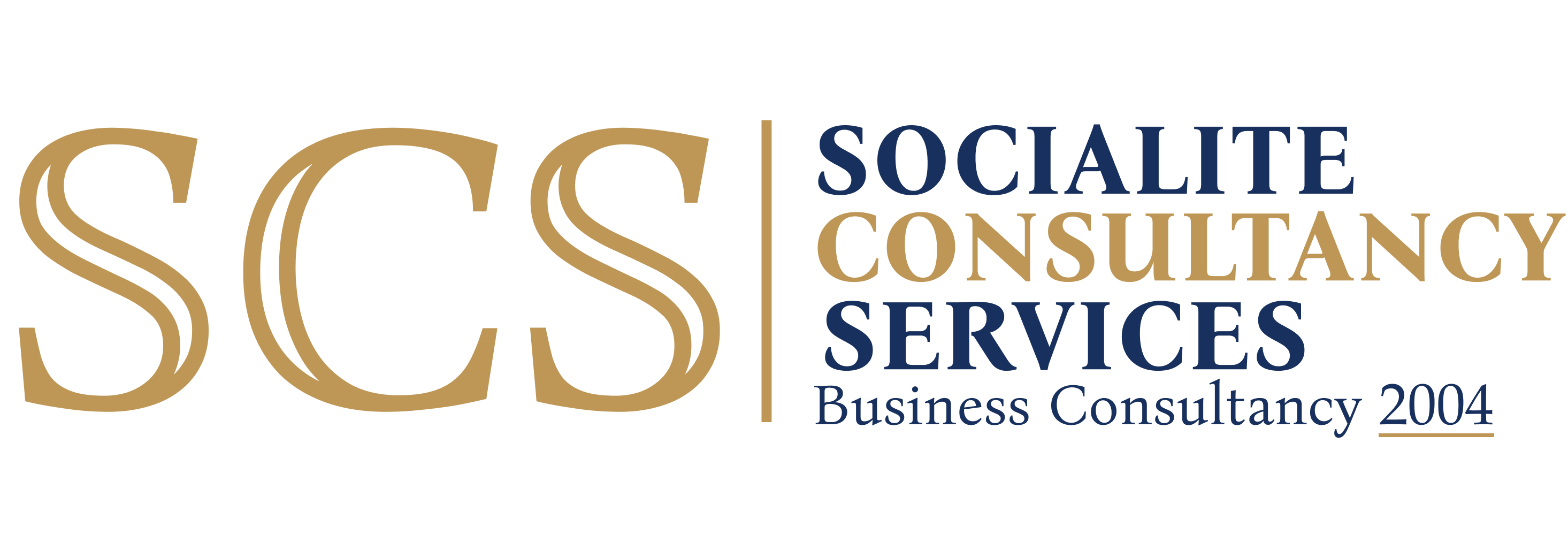
Dubai offers a diverse range of sectors for business setup, including:
- Trade & Retail: Import/export, wholesale, and retail businesses.
- Services: Consulting, IT, legal, education, and healthcare services.
- Manufacturing: Light manufacturing, assembly, and production units.
- Technology & Innovation: IT services, software development, and tech startups.
- Media & Entertainment: Advertising, publishing, and media production.
- Tourism & Hospitality: Hotels, travel agencies, and event management.
- Finance & Real Estate: Banking, insurance, and property development.
The ideal setup depends on your business activity:
- Mainland: Suitable for businesses aiming to operate within the UAE market and engage with government contracts. Examples include retail stores, restaurants, and professional services.
- Free Zone: Ideal for businesses focused on international trade, technology, and media. Free Zones offer benefits like 100% foreign ownership and tax exemptions. Examples include tech startups, media companies, and logistics firms.
- Offshore: Best for businesses seeking asset protection, international trading, or holding companies. Offshore setups are not permitted to conduct business within the UAE but are beneficial for global operations.
In Dubai, the type of license you require depends on your business activity:
- Commercial License: For trading activities, including import/export and retail.
- Professional License: For service-based businesses like consulting, IT services, and healthcare.
- Industrial License: For manufacturing and production activities.
- Tourism License: For business setup in the hospitality and tourism sector.
Yes, it is possible to operate in multiple sectors with a single license in Dubai, depending on the type of business license you choose:
- General Trading License: This is one of the most flexible options. It allows businesses to trade across various sectors, including importing, exporting, distributing, and storing products from different industries. It’s suitable for companies that plan to operate in diverse sectors and need a broader scope of activities.
- Commercial License: A Commercial License typically allows you to engage in trading multiple products, with a limit on the number of activities (usually up to 10) under a single license. These activities must be within similar categories, but the license offers more flexibility than a standard trading license.
- Mainland Companies: Mainland businesses in Dubai are generally free to operate across various sectors without major restrictions. The Department of Economic Development (DED) allows companies to include up to 10 activities on a single license, provided they fall under the same activity group.
- Free Zone Licenses: Some Free Zones in Dubai, such as the Dubai World Trade Centre (DWTC), offer licenses that allow businesses to engage in multiple activities within that specific Free Zone. The range of activities allowed varies by Free Zone, so it’s important to check with the relevant authority.
Setting up a tech startup in Dubai typically involves:
- Choosing a Free Zone: Many Free Zones cater specifically to tech companies, offering tailored services and infrastructure.
- Obtaining a Tech License: A professional license is usually required for tech businesses.
- Office Space: Depending on the Free Zone, you may need to lease office space or can opt for a flexi-desk.
- Visas: You can apply for employee visas through the Free Zone authority.
- Compliance: Adhering to data protection and cybersecurity regulations is essential.
Setting up a retail business involves:
- Choosing a Mainland Setup: Retail businesses often require a Mainland setup to operate freely within the UAE market.
- Obtaining a Commercial License: This license is necessary for trading activities.
- Leasing Retail Space: Securing a location in a commercial area.
- Visas: Applying for employee visas through the Department of Economic Development (DED).
- Compliance: Adhering to consumer protection and product regulations.
Establishing a healthcare business requires:
- Professional License: Healthcare services need a professional license.
- Approvals: Obtaining approvals from the Dubai Health Authority (DHA) or other relevant bodies.
- Facility Requirements: Meeting the infrastructure and equipment standards set by health authorities.
- Staff Qualifications: Ensuring that all healthcare professionals have the necessary qualifications and certifications.
- Compliance: Adhering to health and safety regulations.
Yes, setting up a manufacturing unit involves:
- Industrial License: Required for manufacturing activities.
- Land and Facility: Securing land and setting up a production facility.
- Approvals: Obtaining necessary environmental and safety approvals.
- Compliance: Adhering to industrial regulations and standards.
Starting a tourism business involves:
- Tourism License: If you want to start a travel agency or a tourism related business, you will need this license.
- Approvals: Obtaining approvals from the Department of Tourism and Commerce Marketing (DTCM).
- Office Space: Leasing office space in a commercial area.
- Visas: Applying for employee visas.
- Compliance: Adhering to tourism regulations and standards.
Setting up a financial services firm requires:
- Choosing the Right Jurisdiction: The Dubai International Financial Centre (DIFC) is a popular choice for financial services.
- Licensing: Obtaining a license from the relevant financial authority.
- Capital Requirements: Meeting the minimum capital requirements set by the authority.
- Compliance: Adhering to financial regulations and standards.
Dubai offers several advantages for media companies:
- Free Zones for Media: Zones like Dubai Media City (DMC) are tailored for media businesses.
- 100% Foreign Ownership: Media companies can own 100% of their business.
- Tax Exemptions: Many Free Zones offer tax exemptions for a specified period.
- Networking Opportunities: Proximity to other media companies fosters collaboration and growth.
To set up, you'll need a media license, office space, and to comply with content regulations.

